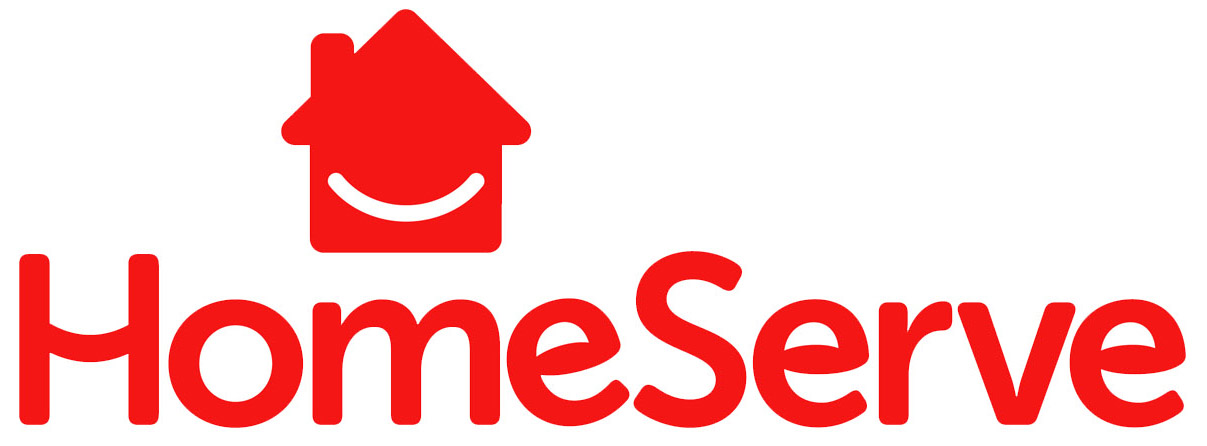Author: Rowan Guthrie
In the flurry of daily life, terms like “infrastructure” often float around in political rhetoric or distant discussions about city planning. It’s not something the average American thinks about on a normal day. Yet, as homeowners, understanding the nuances of home infrastructure isn’t just a matter of civic duty; it’s directly tied to the quality of our lives and the value of our properties. Simply put, it’s much more than just a word. Explore what home infrastructure means and why homeowners should take notice of it.
What Is Home Infrastructure?
In essence, home infrastructure describes the essential facilities and systems that serve our communities. Think of the roads we drive on, the water mains that deliver clean water to our faucets, the electrical grids powering our homes and even the health care and emergency services that keep us safe. It’s the backbone of our daily existence, ensuring life runs smoothly from sunrise to sunset. Yet, it’s almost invisible to us. We simply expect these things to work.
But while we may not often use the term “infrastructure” in casual conversation, it’s a topic that frequently surfaces in discussions among homeowners. Have you ever chatted with your neighbor about a recent thunderstorm and whether their basement was flooded? That was, in essence, a conversation about local infrastructure, albeit wrapped in everyday concerns. By the way, if their basement was flooded, your conversation might be about a failure in infrastructure because the pipes below your street didn’t cope with the rain.
Why Should Homeowners Care About Infrastructure?
The condition of your community’s infrastructure directly impacts the value of its homes. Picture this: You’re considering buying a property in a neighborhood with outdated roads, random power outages and an unreliable water supply. Chances are you’ll think twice about investing your hard-earned money there. Conversely, a community with well-maintained infrastructure not only enhances your quality of life but also boosts the area’s property values.
As a homeowner, it’s important to look beyond the four walls of your dream home and assess the broader infrastructure landscape. Before sealing the deal on a new property, ask your real estate agent these pertinent questions:
- What’s the average response time for emergency services in this area?
- Are there any ongoing infrastructure projects that could affect property values?
- When was the last time the water mains were updated?
- Is high-speed internet readily available, or are there plans to install it soon?
Getting the right answers to these details could safeguard your investment and make homeownership a joy instead of a problem.
What Can You Do About Home Infrastructure?
Naturally, your individual property should be your priority, but it’s also important you engage with infrastructure on a local and national level. While federal and state governments play significant roles in funding large-scale projects, local communities often rely on grants and referendum initiatives to address infrastructure needs.
Here are some ideas to get you thinking about what you can do:
- Stay updated: Understand your community’s infrastructure plans by attending town hall meetings, subscribing to local newsletters and following relevant social media pages.
- Know your representatives: Connect with your local council members, mayor and state representatives to voice your concerns and priorities regarding infrastructure.
- Support infrastructure bonds: When local bond measures are proposed for infrastructure improvements, actively support them.
- Maintain your property: Simple things like keeping sidewalks clear, gutters clean and trees trimmed can reduce the strain on local drainage and maintenance systems.
- Consider sustainable practices: Explore rainwater harvesting for your lawn, or invest in energy-efficient upgrades to reduce strain on the power grid.
- Form a neighborhood association: A united voice from a group of homeowners holds more weight when advocating for improvements.
Home infrastructure isn’t just a buzzword tossed around during Infrastructure Week; it’s the bedrock upon which our homes and neighborhoods thrive. If you ask the right questions and actively participate, your community’s infrastructure will be better for you and the generations that follow.

